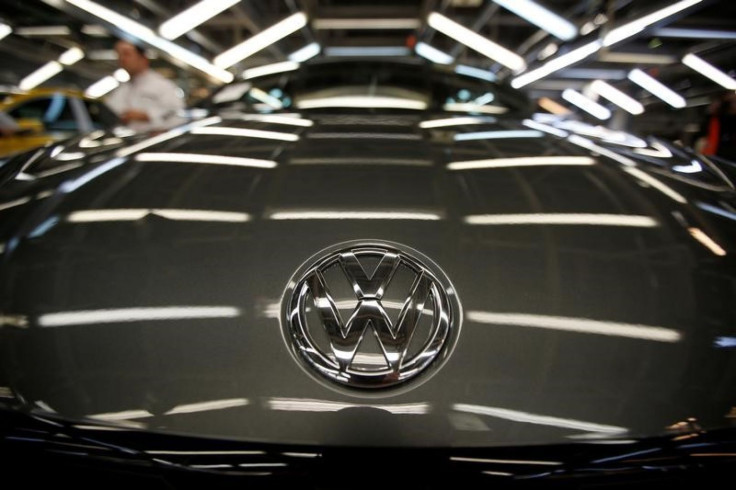EU Nations Making Car Tests More Lenient Post-Dieselgate, Leaked Data Shows

Despite rigorous reforms proposed by the European Commission and European Parliament following the Dieselgate scandal over two years ago, EU countries are now said to be backing only a mild reform of the car approval system.
Website EUobserver cited confidential documents seen by them to say that the governments are trying to tone down the proposed reforms, and are doing it through the Council of the European Union.
Aiming for a compromise among their distinct versions of the legislation, the three parties involved — European Commission and European Parliament and Council of the European Union — would meet again on Nov. 23.
It was reported that even though they have found common ground on multiple aspects of the legislative proposal, certain key disagreements are yet to be resolved.
The European Parliament is batting to include a legal requirement that would make it mandatory for every country that approves a car to also do a post-certification check on 20 percent of all the car types approved in that country.
Meanwhile, the Council of EU wants such extra checks only for one in every 50,000 new cars that are approved. Also, as per the council, only one in 2,00,000 newly approved cars (about 0.0005 percent) need be tested for emissions.
Several million new vehicles are registered in the European Union every year. However, only a few hundred new types hit the road in a given year. With the council’s version of the legislative proposal, member states would be able to focus their tests on many cars belonging to the same type.
It’s worthwhile to remember that inadequate checks by member states on emissions (aside from what’s checked in the laboratory) led to the Dieselgate scandal in the first place. It was discovered during the time that literally millions of diesel cars were designed to fool the existing lab test.
In the U.S., the anomaly was first found in September 2015. This was preceded by the failure of the EU and its member states to establish a working market surveillance system. To bring a change to this scenario, the commission proposed a reform.
However, the proposal can become a law only if the three EU institutions come to an agreement.
At present, that seems to be a little further in the future, to say the least.
For instance, there was an agreement that the commission could impose fines on the carmakers that have cheated on emissions testing.
However, the council wishes to limit the conditions under which the commission could do that. A compromise on this front is still pending.
Another bone of contention is regarding the frequency with which the national authority that approves a car type should be audited. The commission’s proposal is once every four years; for the parliament, it’s at least every three years and for the council, once every five years at the least.
As for the member states, they are willing to comply with any requirement that would make it mandatory for them to publish a summary report on their findings on the assessment done by the approval authority.
But even there, not everything is hunky-dory. For the member states are not okay with listing figures that would reveal the number of cars tested against each brand, something that the parliament is seeking.
Given the current scenario, the final shape of the legislature remains uncertain.
Back in May 2017, when the Council adopted its negotiating mandate, Alexandros Charitsis, Greece’s Economy Minister, said something prescient: "Even a small change could undermine the very delicate balance which has been struck in the general approach.”
Earlier, there was also strong opposition from member countries to the increased EU oversight by Germany. Germany has a commendable car industry and is also home to the Volkswagen Group, the company whose emissions cheating kick started the Dieselgate scandal in the first place.
© Copyright IBTimes 2024. All rights reserved.











